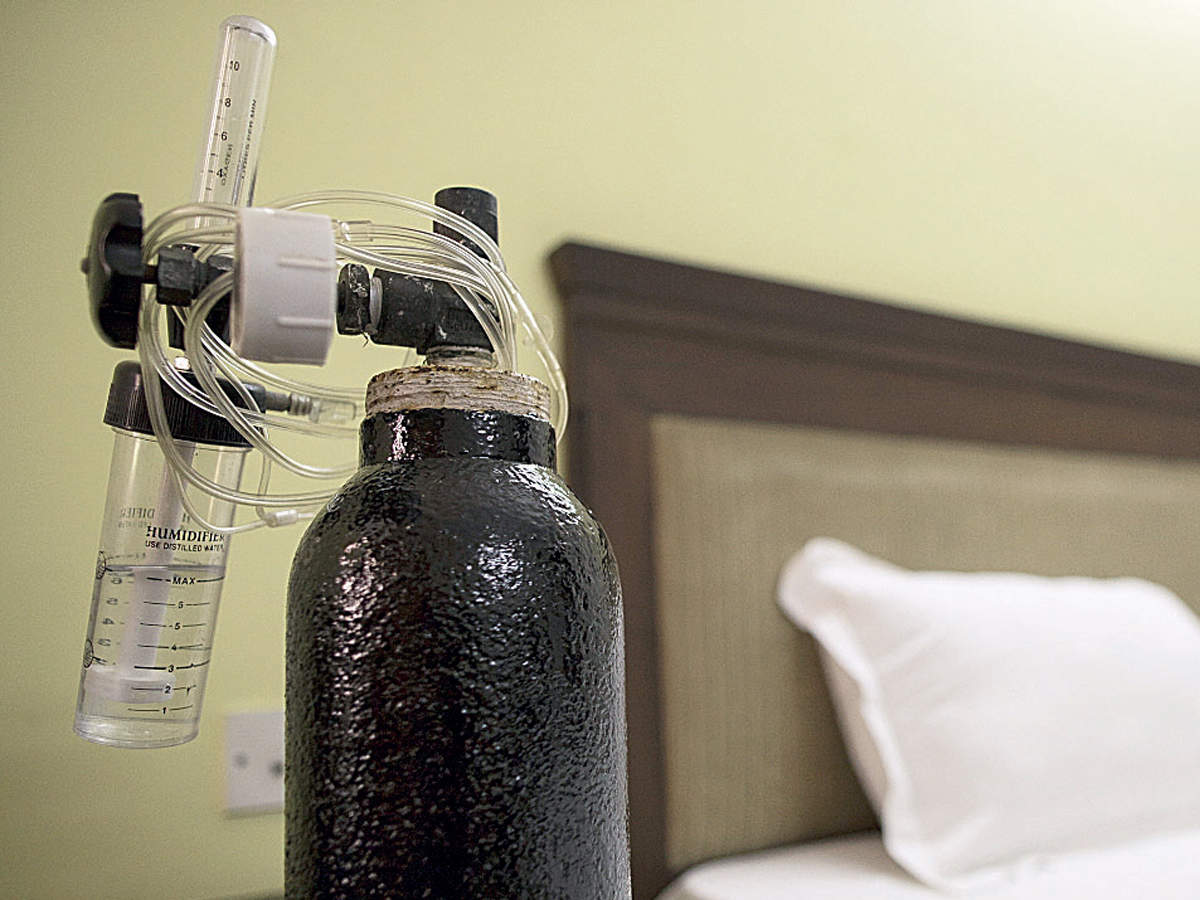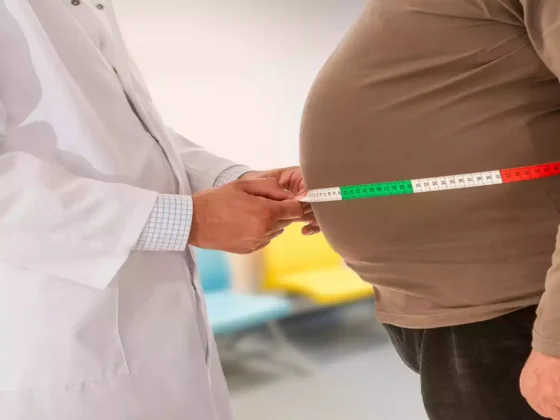Nina Maria Saldanha, Executive Nutritionist, Cloudnine Group of Hospitals, Bangalore (Whitefield)
Congratulations!!! You are Pregnant.
Pregnancy is one of the happiest times of your life. You get some extra-special treatment, with a lot of pampering from all around, be of family, neighbours, friends, colleagues, etc.
The best way to ensure a smooth pregnancy and post-partum period, is to ensure that you follow a well-balanced diet; Consuming all the food groups, in the right quantities. This will ensure that you stay healthy, and your little one grows perfectly. But it is important to note that diet alone is not responsible for a healthy pregnancy, you must remember to do your daily exercises, as advised by your doctor and physiotherapist.
Every pregnancy is not the same and might not always be smooth sailing. Here is a list of common problems that are seen in pregnancy and how to try and tackle them:
- Morning Sickness/Hyper Emesis Gravidarum: Morning Sickness usually occurs from week 6-15 of pregnancy. It generally occurs in the Morning (hence the name). Severe Morning Sickness, that goes on throughout the day, and in some cases throughout the pregnancy is termed as Hyperemesis gravidarum. It can cause dizziness/light-headedness, weight loss, dehydration, etc. It is usually diagnosed by taking a medical history, physical examination, and lab tests.
Nutritional Management:
- Dry Toast/Whole Wheat Rusks/Dry Crackers (Before getting out of bed)
- Flat lemon soda/Ginger ale
- Small and Frequent Meals
- Gastritis/Heart Burn: Gastritis and heart burn are very common problems seen in pregnancy. It can occur at any point during pregnancy. The main causes of gastritis and heartburn in pregnancy include hormone fluctuations, overeating, eating spicy foods, etc. Patients mainly complain of sharp and pricking/shooting pain, bloating, gas/flatulence, vomiting, diarrhoea, etc.
Nutritional Management:
- Small Frequent, and timely Meals, with plenty of liquids
- Bland foods
- Cool Fresh Fruit Juices, Buttermilk, Lassi, etc.
- Constipation: Constipation is the term used to refer to difficult passage/ infrequent passage of stools. It is a common problem in pregnancy caused mainly due to hormone fluctuations, insufficient fibre intake in the diet, as a side effect of medication, pressure of the growing baby on the intestines, slowing down digestion.
Nutritional Management:
- Small and Frequent Meals, A high fibre diet, with plenty of soluble and insoluble fibre sources in it.
- Plenty of liquids, especially warmer liquids
- Exercise as per the advice of your Physiotherapist; one of the simplest things to do is to go for a small walk post your meal (to enhance digestion).
- Hypothyroidism: Hypothyroidism is caused by an under-functioning Thyroid gland. It could cause fatigue, headaches, excessive weight gain, etc. Diagnosis is done with the help of a blood test (TSH or Thyroid Profile).
Nutritional Management:
- Small and Frequent Meals, Normal Diet
- Limit the intake of Soya, and Soy based products
- Limit the intake of cruciferous vegetables (cabbage, cauliflower, broccoli, etc.)
- GDM: GDM or Gestational Diabetes, is characterized by high blood sugar levels. During pregnancy it is generally caused due to the presence of certain placental hormones rendering the insulin produce ineffective to control blood sugar levels. It is diagnosed by blood tests (FBS, PPBS, GCT/OCGT, GTT/OGTT)
Nutritional Management:
- Small and Frequent Meals, Strict Diabetic Diet
- Limiting the intake of sugary/sweet foods and beverages
- Moderate intake of good fats (especially Omega-3 fats), with a higher intake of protein and fibre.
- PIH/Hypertension: PIH or Pregnancy Induced Hypertension, is a condition during pregnancy, which of left untreated, can cause serious complications. It is usually diagnosed with serial BP Monitoring, and blood tests
Nutritional Management:
- Small and Frequent Meals, Low-Salt, Low Fat Diet.
- Lower intake of Salt and fat, with a higher intake of protein and fibre
- Limiting/avoiding the intake of fried/canned/processed/packaged foods
- IHCP: This is a condition that is characterized by altered liver enzyme levels. Most patients experience generalized itching on the body, this is due to a build-up of excess liver enzymes (especially Bile), in the blood. It is most commonly seen in the third trimester; and is diagnosed with the help of blood tests, and a physical examination.
Nutritional Management:
- Small and Frequent Meals, Low Fat Diet.
- Lower intake of fat, with a higher intake of protein and fibre
- Limiting/avoiding the intake of fried/canned/processed/packaged foods
- Oligohydramnios: Oligohydramnios is a condition, wherein there is less amniotic fluid surrounding the baby. A baby needs a good amount of amniotic fluid surrounding it, for it’s growth and development. Oligohydramnios is generally diagnosed with the help of a scan (usually Internal Growth (IG) Scan) that is done after 28 weeks.
Nutritional Management:
- Small and frequent meals
- High Protein Diet
- Plenty of Liquids
- IUGR: IUGR (Inter-Uterine Foetal Growth Restriction), or FGR (Foetal Growth Restriction) is a condition where in the baby doesn’t grow to the standard and/or weight and size for a normal baby of the same gestational age. There are a number of factor’s affecting this condition. It is usually diagnosed with the help of a scan and physical examination.
Nutritional Management:
- Small and frequent meals
- High Protein Diet
- Plenty of Liquids
- Anaemia: This is a condition that occurs due to an iron deficiency or other physiological conditions causing the number of red blood cells in the blood to be low. It is characterized by feeling weak, tired, lethargic, looking pale, etc.
Nutritional Management:
- Small and frequent meals, Iron-rich diet.
- Vegetarian Sources of Iron include Dark green leafy vegetables, Dried Fruits (dates, figs, raisins, beetroot, pomegranate, etc.
- Non-Vegetarian Sources of Iron Include: Organ Meats (liver, kidneys, spleen, brain, etc.), red meat, poultry, etc. (Nonveg sources of iron should be taken in limited amounts, and with caution, as they also have high amounts of bad cholesterol in them)
- Limit the amount of Coffee and tea being consumed;
- Squeeze a Vitamin C rich juice, on anything rich in iron to enhance its’ absorption in the body
It is important to note these conditions may occur alone or in combination, with other conditions. Seeking timely and proper help from trained medical professionals can help reduce the severity or intensity of the conditions. Each pregnancy is unique, and has with it a different set of challenges and/or needs; A trained nutritionist will be able to help you manage your condition by personalizing and tailoring a diet chart to suit your needs and those of your growing baby, so kindly meet your nutritionist as early as possible and with regular follow-ups so that she can help you manage these conditions and have as smooth pregnancy as possible.











